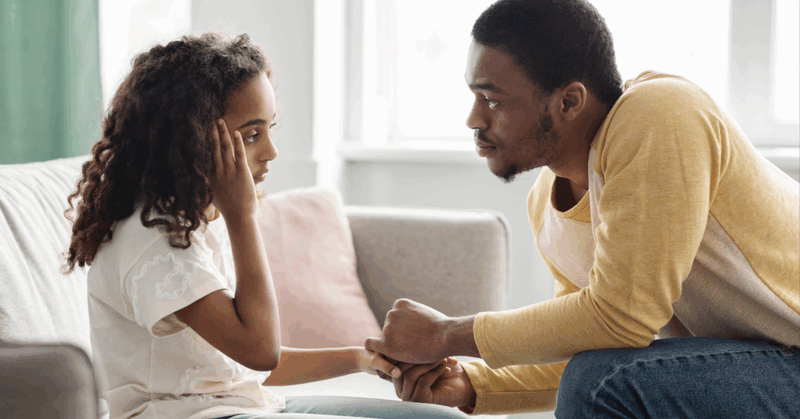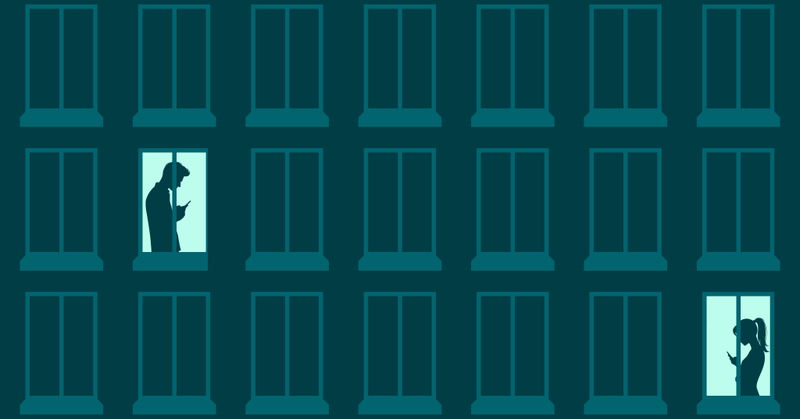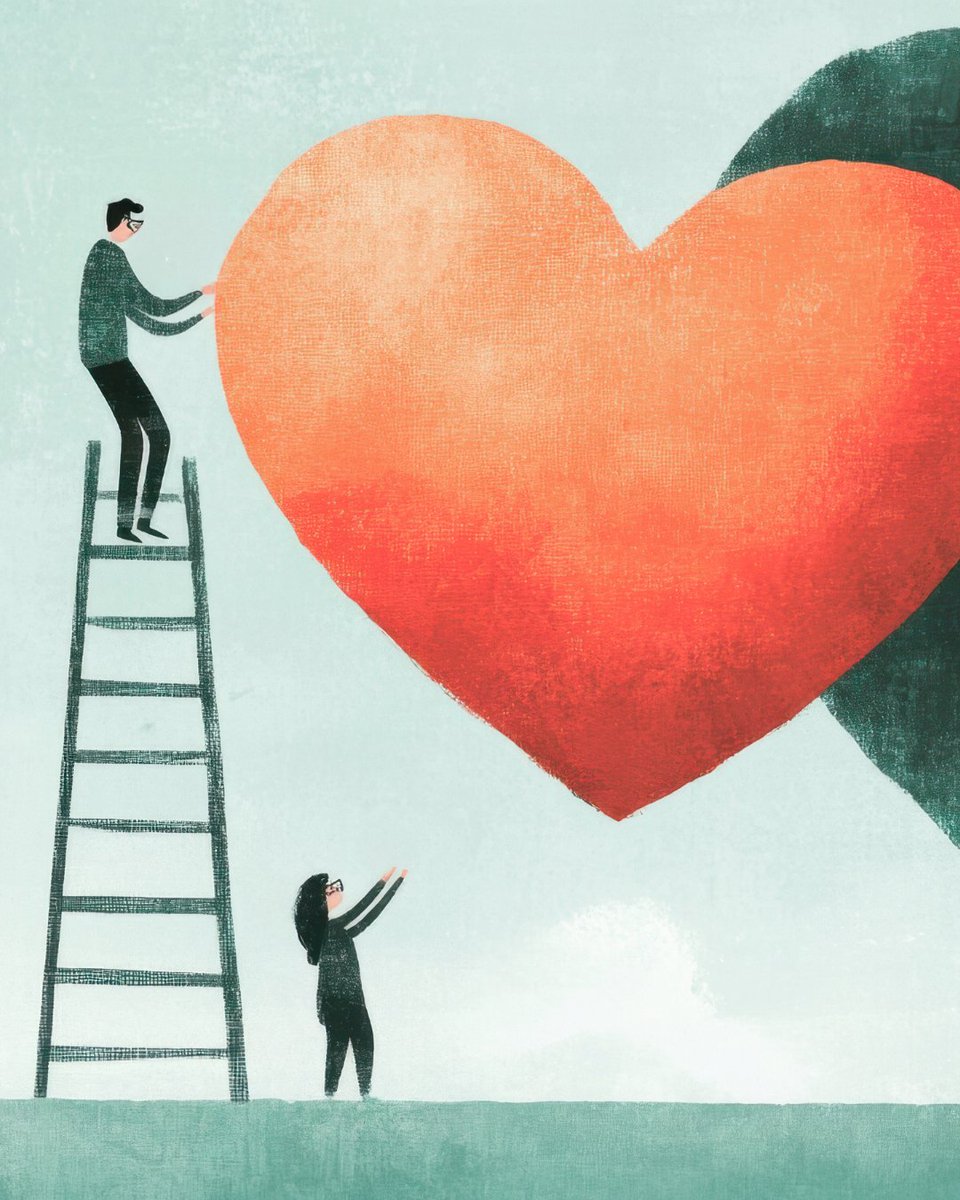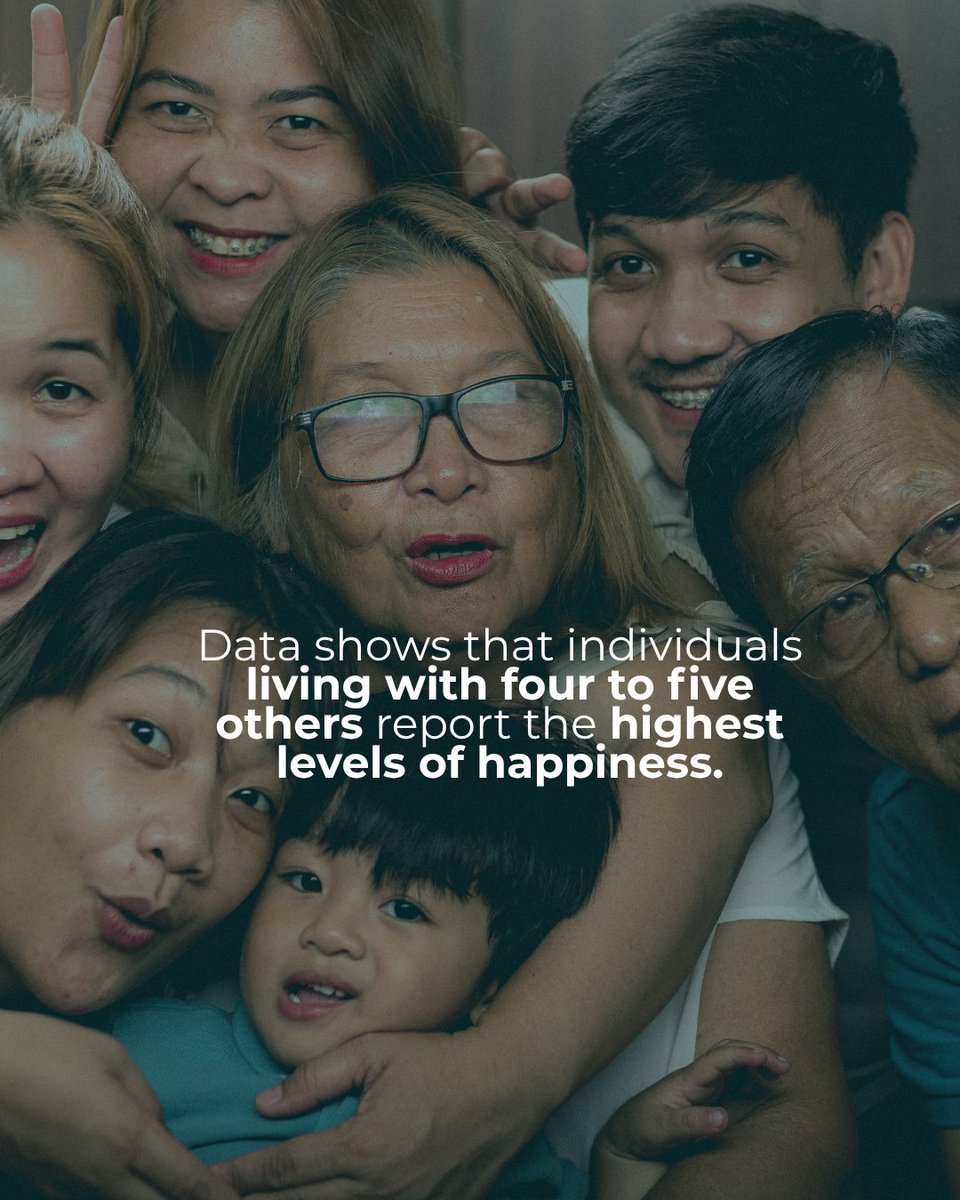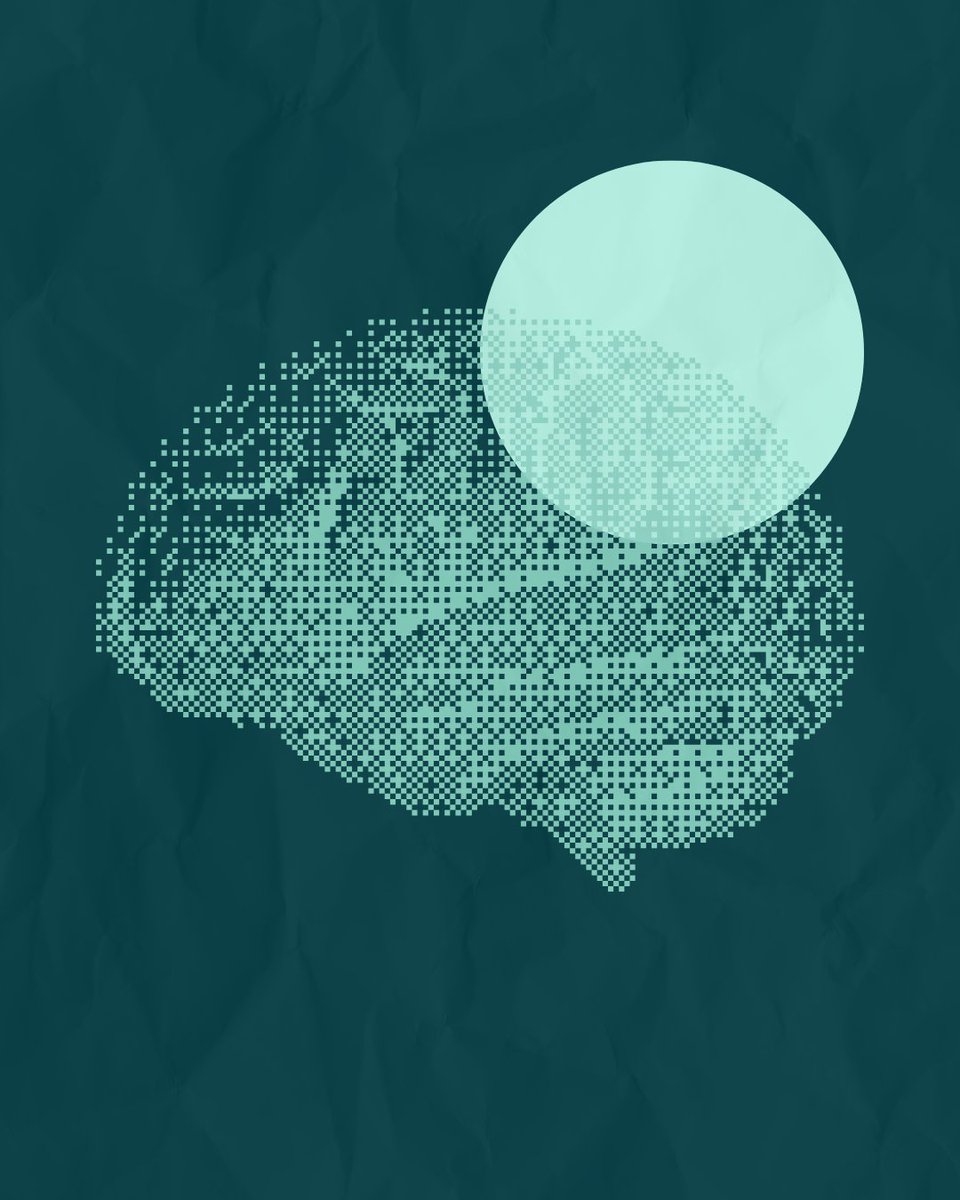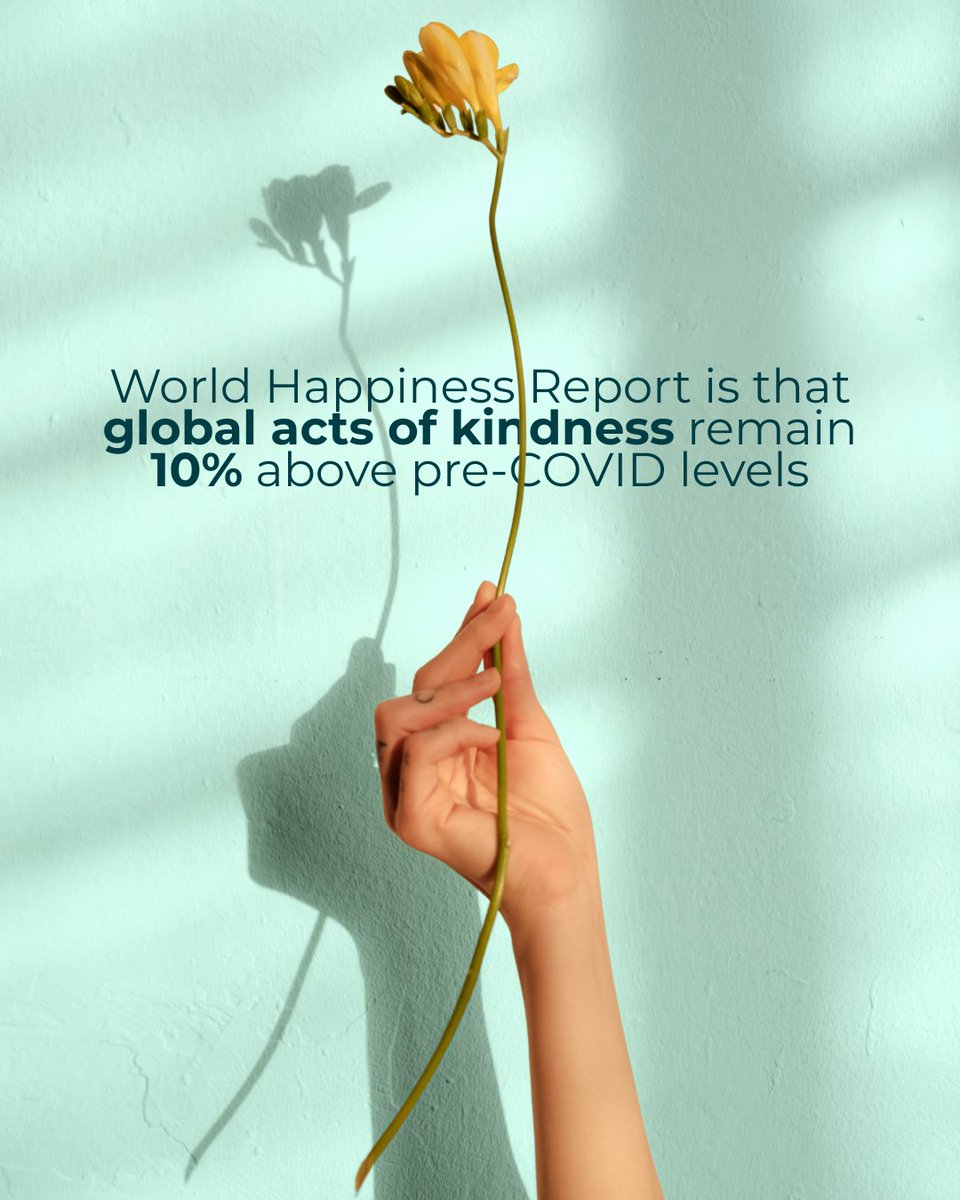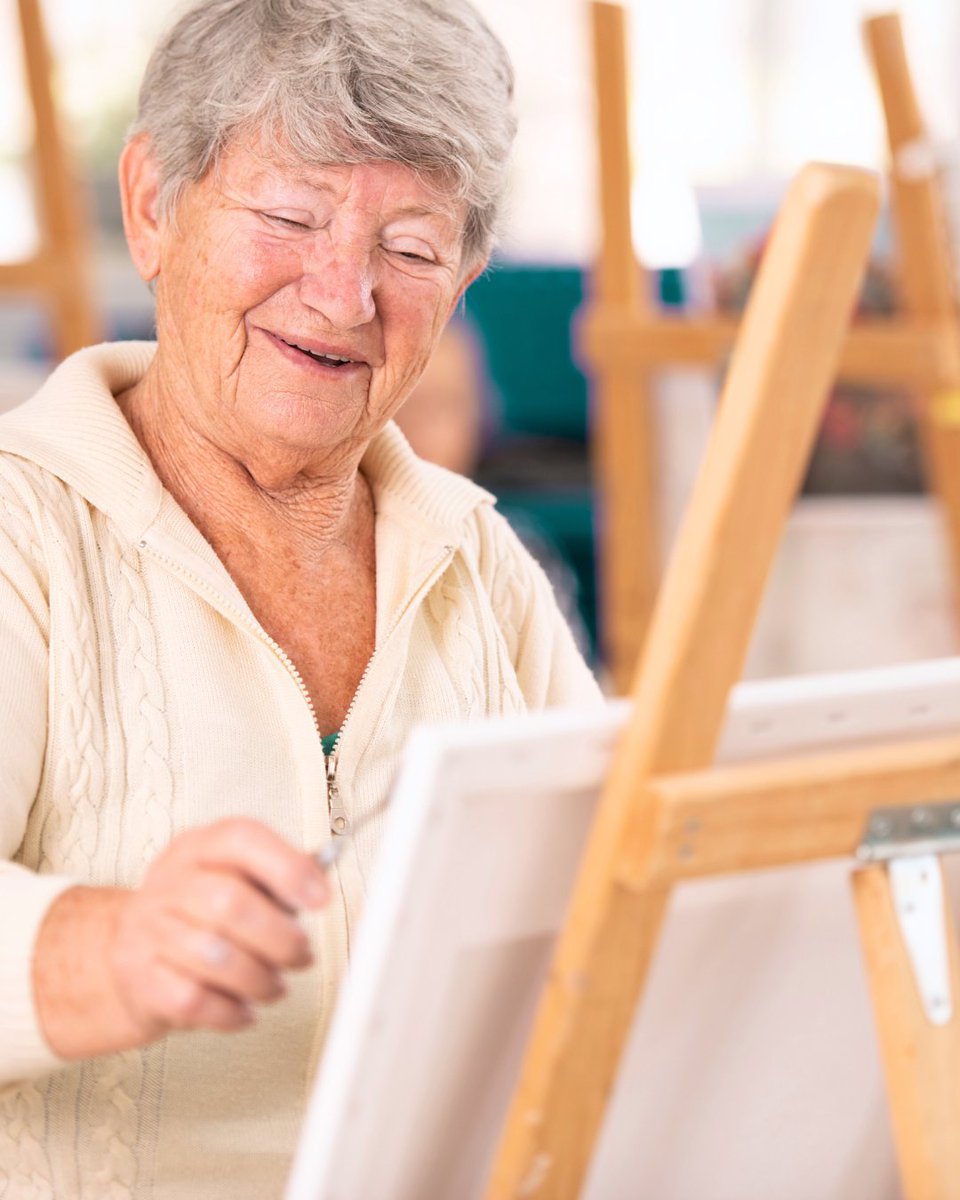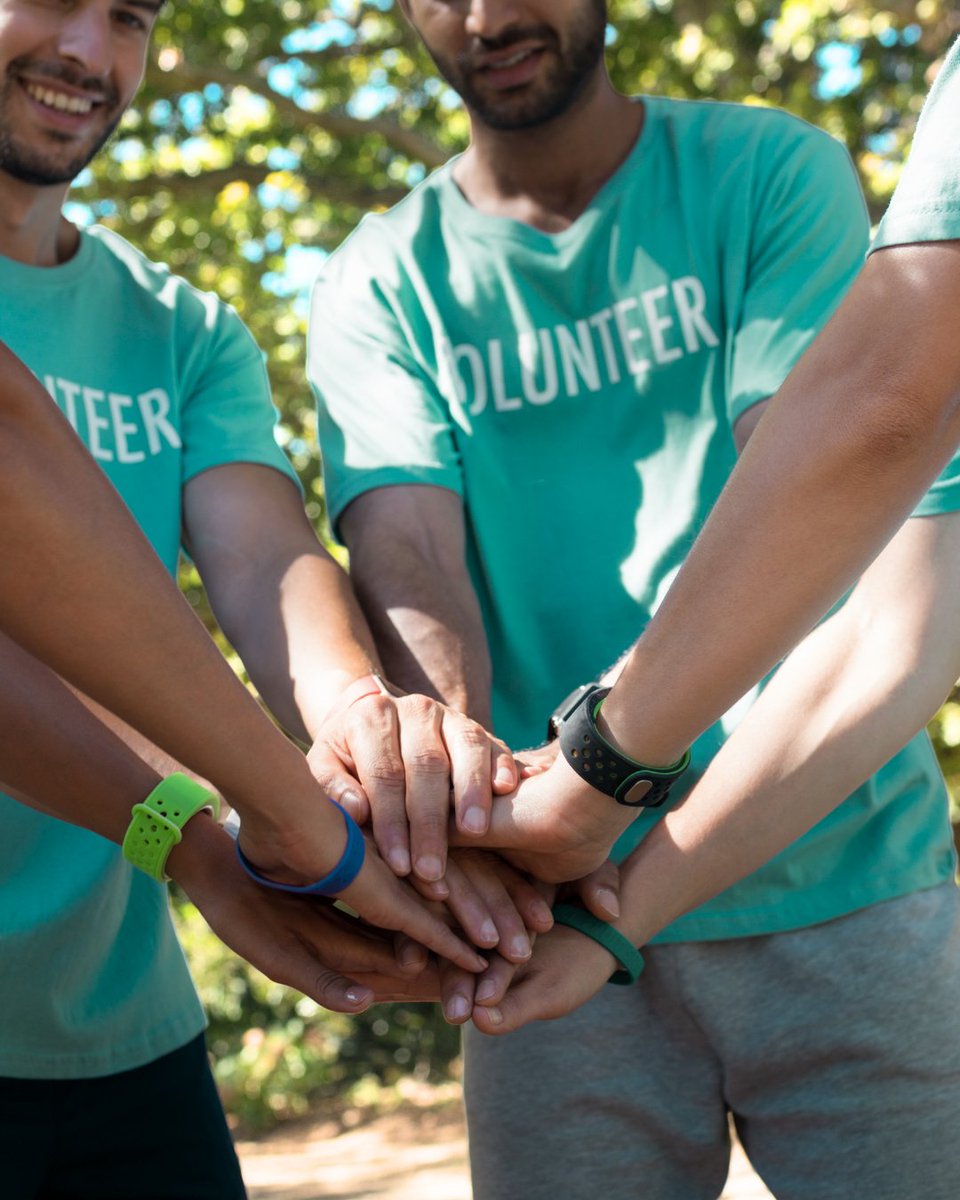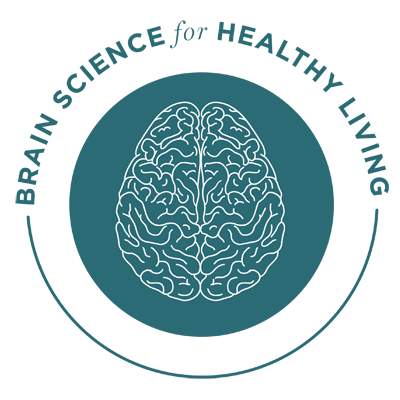
BrainWise | Brain Science for Healthy Living
@BrainWiseMedia
Followers
121
Following
27
Media
467
Statuses
505
Welcome to BrainWise, a digital magazine that provides original content about neuropsychology, neuroscience, and brain and cognitive health
Joined March 2023
Military cadets and NCAA athletes are helping transform concussion science. The #CAREConsortium has gathered data on over 55,000 participants—resulting in one of the most comprehensive concussion research programs to date.
0
0
0
Dark rooms are out. Gradual re-engagement is in. While sensitivity to light is real, total isolation after a concussion may hinder recovery. Sunglasses may help, but prolonged seclusion is no longer the norm.
brainwisemedia.com
Welcome to modern-day concussion treatment. Here are myths or old-school methods you should ignore.
0
0
0
When girls and boys play the same sport, girls still face greater concussion risks. Understanding these differences is essential for prevention and protection. #concussiontypes #concussions #pediatricneuropsychology #sportsmedicine #KidsAndConcussions
0
0
0
Not all concussions are the same—and treatment shouldn’t be either. There are six types of concussions, from cognitive fatigue to ocular and vestibular subtypes, each with unique symptoms and interventions. #Concussions #ConcussionTypes.
0
0
0
Gone are the days of dark rooms and complete isolation after a concussion. Today, evidence supports "relative rest"—a brief period of low stimulation followed by a gradual return to physical and cognitive activity. #ConcussionRecovery #PediatricTBI.
0
0
1
Loss of consciousness is not the gold standard for concussion diagnosis. Many individuals never pass out—and some don’t show symptoms for hours. The myth that you have to be “knocked out” delays treatment and can lead to complications.
brainwisemedia.com
Welcome to modern-day concussion treatment. Here are myths or old-school methods you should ignore.
0
0
0
Helmets help—but prevention isn't foolproof. Children and teens face concussion risks on the field, in the classroom, and at home. A proactive approach is the best safety tool we have. #ConcussionPrevention.
0
0
0
Loneliness is rising—and young adults are most at risk. The US faces an escalating #LonelinessEpidemic, particularly among those under 30. Public health initiatives that prioritize social connectivity are no longer optional—they’re critical.
0
0
0
Collaboration across healthcare systems is key to combatting loneliness. From emergency preparedness to routine check-ins, integrated care models that recognize loneliness as a health risk are setting a new standard. #IntegratedCare.
brainwisemedia.com
Up to 50% of Americans report feeling socially isolated. In this digital age, we are more connected—and more lonely—than ever.
0
0
0
Happiness isn’t just contagious—it’s neurologically transferable. Supported by findings in the World Happiness Report, this insight reinforces the impact of relationships, generosity, and social connection on well-being. #SocialHealth #WorldHappinessReport.
0
0
0
One of the most uplifting findings from the 2025 #WorldHappinessReport is that global acts of kindness remain 10% above pre-COVID levels. That sustained rise suggests a cultural shift in how we value generosity, social connection, and community care.
0
0
0


